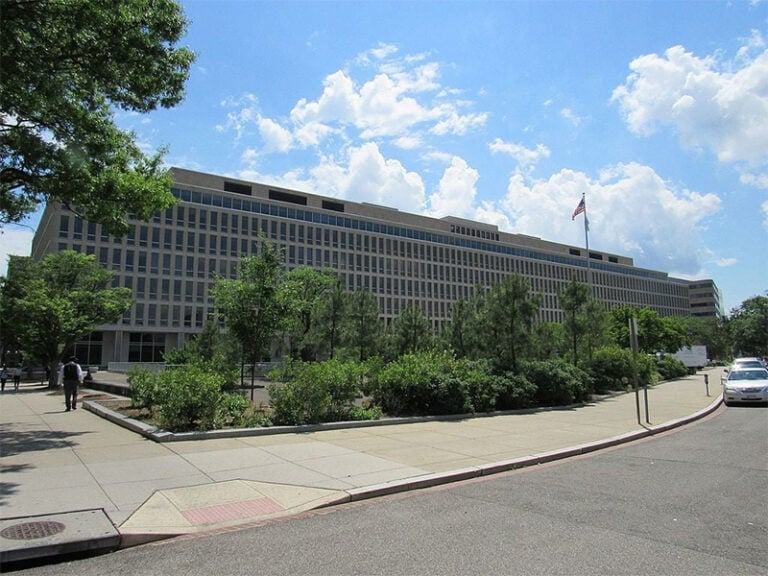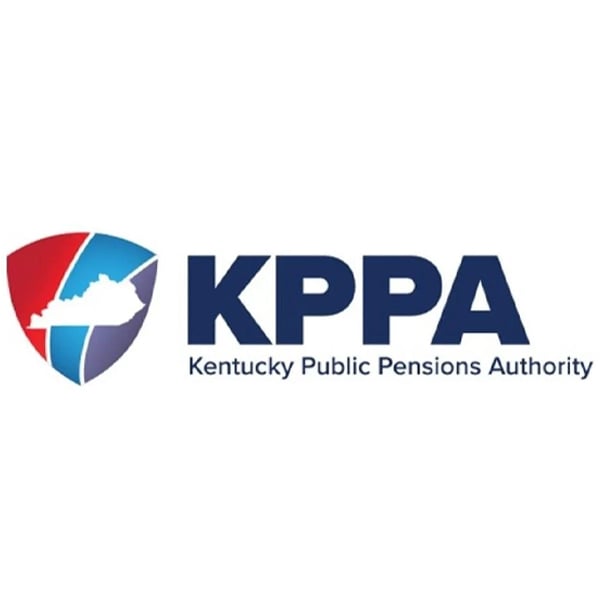On an average day, 175 Americans die from drug overdoses. Families in Kentucky and throughout the nation are bravely confronting substance abuse – including heroin, prescription drugs, and an alarming resurgence of methamphetamine – and law enforcement is working hard to help. With our communities in crisis, I remain committed to finding comprehensive solutions to end this suffering through coordinated prevention, treatment, and law enforcement efforts.
That’s why I am proud that the recent bipartisan budget agreement I negotiated ensures that Congress will dedicate $6 billion in the next two years to bolster our efforts to protect vulnerable communities from the opioid epidemic. This represents the single largest increase in funding to stop the opioid crisis, and I’ve heard from Kentucky law enforcement and the healthcare community who have said that this surge of additional resources will strengthen their ability to combat substance abuse.

Many opioid deaths involve fentanyl, a drug 50 times stronger than heroin. Just a few grains of fentanyl can be fatal, and it was associated with more than 600 overdose deaths in our state in 2016. Worse, the Drug Enforcement Agency (DEA) believes many of the deadly fentanyl products currently endangering our country have been illicitly imported.
In a recent meeting with some of our law enforcement officers, including members of the Kentucky Narcotics Officers’ Association, I discussed their work to protect our communities from these dangerous drugs. These officers came to Washington for the National Narcotic Officers’ Associations’ Coalition meeting and the High-Intensity Drug Trafficking Areas (HIDTA) program conference. In areas enduring staggering levels of addiction, the HIDTA program seeks to reduce drug trafficking and production by facilitating cooperation among federal, state, and local law enforcement agencies to share information and coordinate activities and strategies.
Nearly half of all Kentuckians live in the 33 counties which have been given the HIDTA designation. In last year’s government funding legislation, I was proud to help secure over $1 billion to combat the epidemic including more than $250 million for HIDTA counties to support law enforcement efforts to effectively protect families from opioid and drug abuse. In 2017, every dollar spent on HIDTA operations nationwide returned $65 in benefits, and Appalachia HIDTA operations in Kentucky alone seized more than $12 million of drugs.
In collaboration with law enforcement, we are aggressively building upon our recent efforts. During his annual State of the Union address, President Donald Trump reiterated his administration’s commitment to responding forcefully to the epidemic of drug abuse. I am proud to have supported the “INTERDICT Act,” which President Trump signed into law earlier this year. The law authorizes new resources for the Customs and Border Protection to prevent synthetic opioids from entering our country and devastating our communities.
Last month, the Department of Justice established a new DEA Field Division office in Louisville – the first of its kind in nearly 20 years – to coordinate opioid enforcement efforts throughout the region. The DEA also announced new grants to assist local law enforcement agencies. In addition, Attorney General Jeff Sessions discussed the continued efforts to combat the opioid epidemic during a recent visit to Kentucky.

Further, the Senate has passed bipartisan legislation to give health care professionals and law enforcement more tools to address the opioid epidemic. Last August, the Senate passed “Jessie’s Law” to allow patients’ addiction history to be included in their medical records giving nurses and doctors the ability to make better-informed treatment decisions for patients struggling with substance abuse. This was in addition to two bipartisan bills that Congress passed and were signed into law. The “Comprehensive Addiction and Recovery Act” expanded our approach to addressing the opioid epidemic and established competitive grant programs to help communities fight back. Additionally, the “21st Century Cures Act” authorized $1 billion of federal funds over two years to boost states’ efforts.
While we’re making progress, more work remains. I am committed to working with my colleagues in Congress and the administration to continue combatting this scourge. I would like to once again thank our incredible partners in this fight, including law enforcement and the many professionals working in prevention and treatment, for putting themselves at risk to keep our communities safe.
Mitch McConnell, R-Louisville, is U.S. Senate Majority Leader


















We have a bigger problem to address right now don’t you think Mitch!?